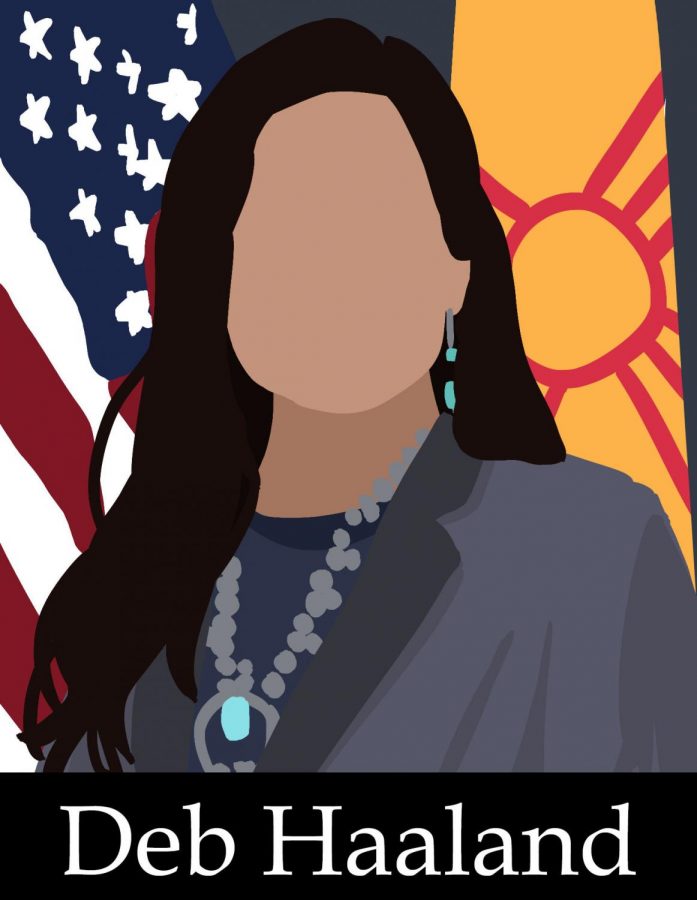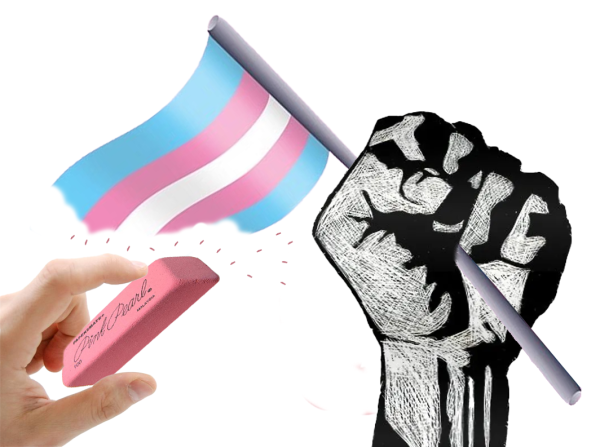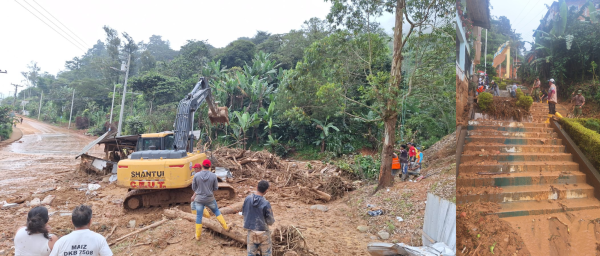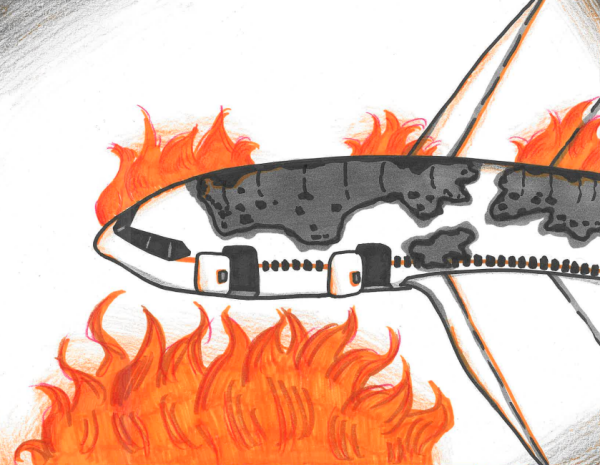Landmark Native American nomination offers possibility of major change
Deb Haaland, the new nominee for head of The Department of the Interior, has great potential to make big changes for Native land and people. If elected in, Haaland’s position will forever set a new precedent for the role of Indigenous people in the U.S. federal government.
The Native American people have faced many challenges in recent times, ranging from issues regarding land ownership to equal voting rights and more. Many problems like unemployment, the construction of pipelines through Native land, poor housing and education still pose a threat to most Indigenous families too.
The list continues on, but in recent political news, President-elect Joe Biden nominated New Mexico Representative Deb Haaland to lead the Department of the Interior, giving the opportunity to finally make a change for Indigenous people. Deb Haaland, a member of the Laguna Pueblo tribe, is the first of the two Native Americans to be elected into U.S. congress. She will be responsible for 500 million acres of public land that include national parks, oil, gas drilling sites and the construction pipelines, all in all supervising what happens on the land that either belongs or once belonged to Native Americans.
“The Department of the Interior oversees the Bureau of Indian Affairs (BIA), which coordinates Indigenous federal lands and the relationship between tribal nations and the U.S. government,” American Indian Studies teacher Ms. Kristen Sinicariello said. “Throughout history, tribal nations have protested the BIA and its unfair treatment of tribal nations and neglect of its promises to indigenous people. Deb Haaland’s nomination is unprecedented because she is the first Indigenous woman nominated to head this department, let alone any department in the executive branch.”
This national issue also hits close to home for Minnesotans. Line 3 is a project that would bring millions of barrels of oil across the country, with a large section that will run through Minnesota. The Red Lake and White Earth Bands in northern Minnesota are asking the state to hold the $2.6 billion operation due to the coronavirus. Protesters also say that the project threatens to spill oil over Native land and cause climate change in the area where they harvest their farms. Numerous groups of people have sued and protested to try and block the project. The Public Utilities Commission has already approved the project numerous times, saying the pipeline replacement will provide a safer way to transport the oil while extracting 4,200 construction jobs and generating millions of dollars. For almost 100 years, Indigenous people have been demanding a greater voice, and now Deb Haaland plays a major role in what’s to come for Line 3 and countless other disputes between tribal nations, private companies and governmental agencies.
Some progress has already been made in our home state with the burgeoning trend of municipalities acknowledging Native land. Two metro cities here in Minnesota, Eden Prairie and Northfield, were among the first in the state to publicly announce that the land they stand on once belonged to Indigenous people, showing respect to the land; several other Minnesotan organizations, including Columbia Heights Public Schools, also began to acknowledge this. Many local Native American groups have responded positively to the relatively new movement.
Of course, Native Americans are not a monolith, and in fact, many Indigenous leaders have even spoken out against Haaland’s nomination, even though she is Indigenous herself. Some people fear that because she is a politician, she will not be able to make big changes and that her nomination is purely symbolic. It is still unclear if she will work for the improvement of conditions on reservations or try to improve the relationship between tribal nations and the Bureau of Indian Affairs. Regardless, Deb Haaland’s nomination is historic, and may be a huge stride for the United States in the relationship between the Federal Government and Indigenous people. The American people, both Native and otherwise, will have to wait and see what improvements or setbacks take place as she starts her role as Secretary of the Interior.

Dayton Zgodava is a senior at Columbia Heights High School. He enjoys reading and looks to improve more on his writing skills. He's often elsewhere learning...
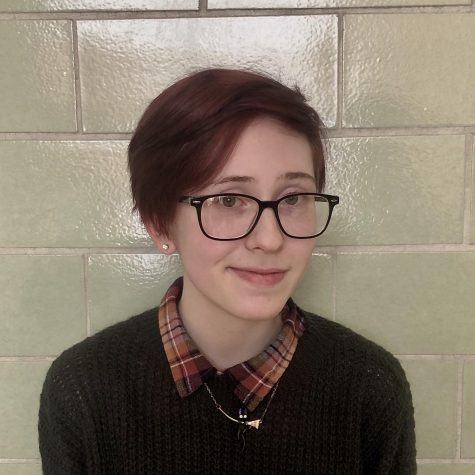
Sol Schindler is a senior at CHHS and is the A&E Editor and lead cartoonist of The Heights Herald. He is in the National Honors Society, Student Council,...


